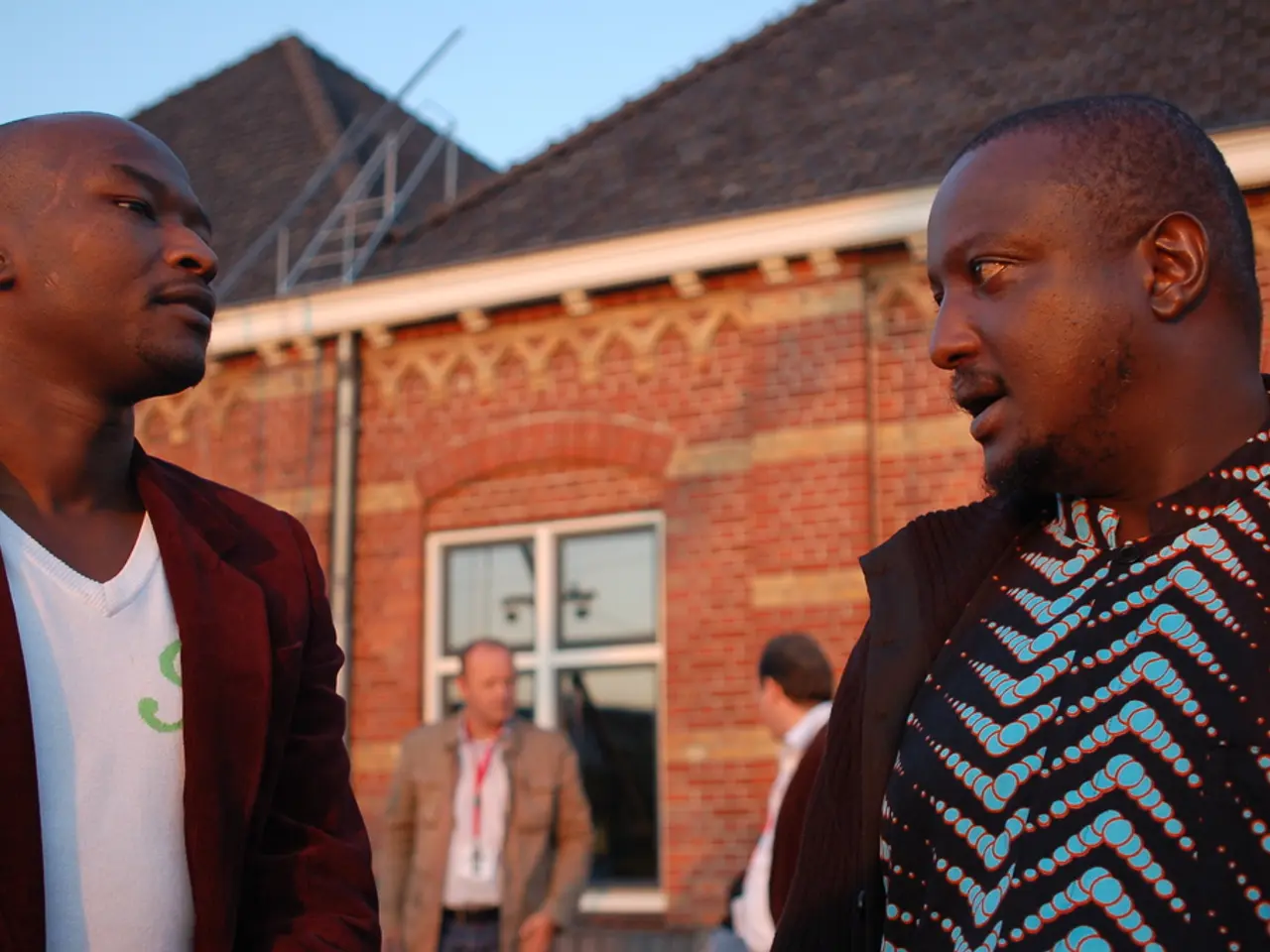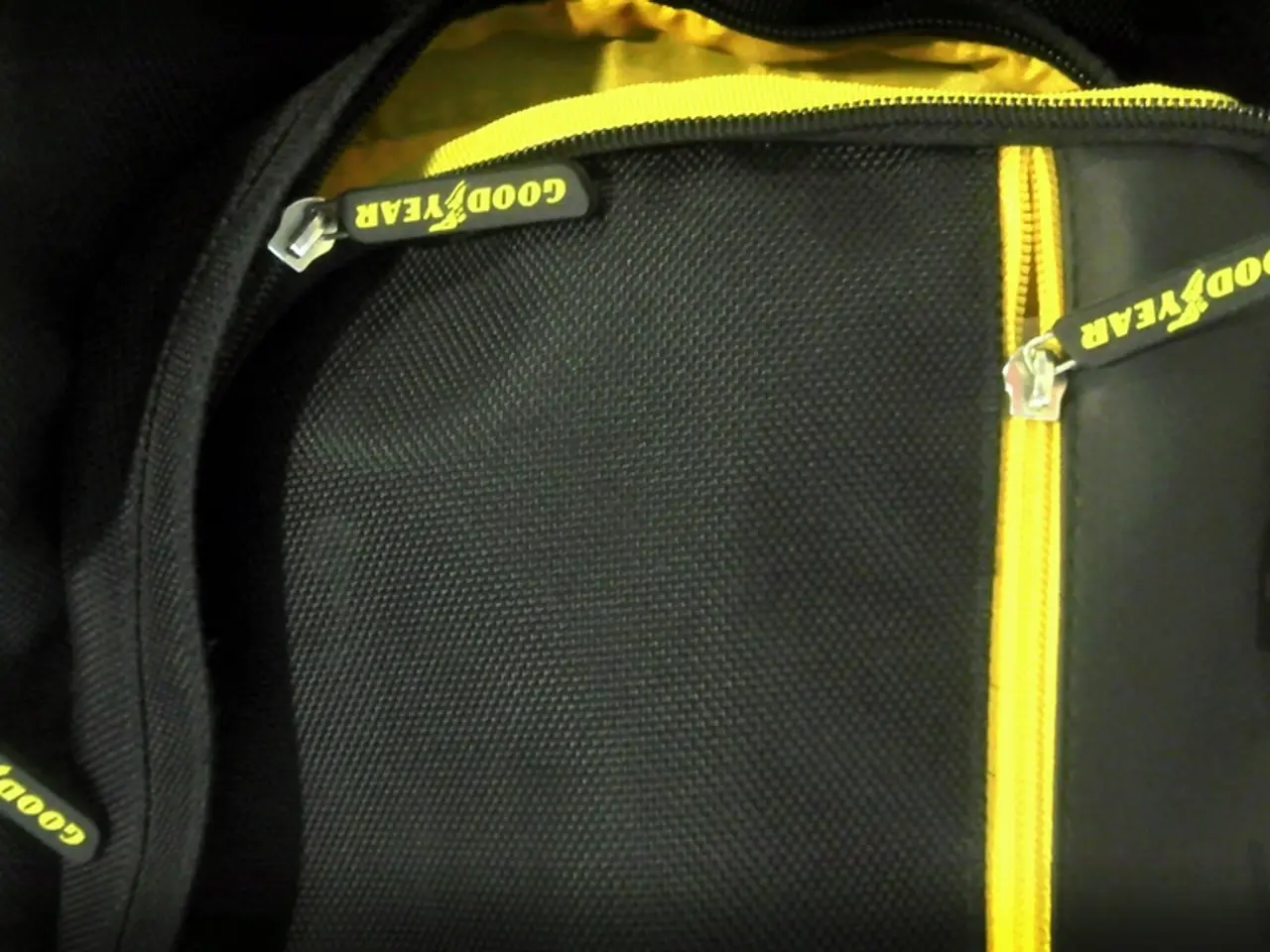comparison of startup funding between Kenya and Nigeria
**Africa's Startup Ecosystems Thrive: A Comparative Analysis of Kenya and Nigeria**
In 2025, Kenya and Nigeria continue to lead the charge in Africa's burgeoning startup ecosystem, each securing 24% of the total funding raised across the continent, totalling $803 million through 163 deals. However, their trends, sector focuses, and challenges show notable differences.
**Kenya's Growth Path**
Kenya raised approximately $638 million in 2024, primarily driven by its dominance in mobile money, particularly through M-Pesa. The region saw a shift in fintech equity funding, dropping from over 40% in prior years to just 13% in 2024, indicating a diversification beyond fintech into other sectors. Kenya's ecosystem is more structured, with diverse funding sources and a business-friendly environment. The country's pivot away from fintech has opened doors to climate tech and emerging industries, creating a broader, more resilient investment portfolio.
**Nigeria's Dominance**
Nigeria leads West Africa’s fintech sector, securing $400 million of the $587 million raised in 2024, representing 44% of total fintech funding in Africa. Nigeria accounts for nearly half of all fintech deals continent-wide, driven by strong mobile penetration (87%), a large youthful population, and regulatory reforms fostering innovation in digital payments, credit infrastructure, and embedded finance. Key deals such as Moniepoint and Moove raised $110 million each, underscoring investor confidence in scalable Nigerian startups.
**Comparative Insights**
Kenya's ecosystem is broadening beyond fintech, leveraging its strong mobile money infrastructure to evolve into sectors like health tech and logistics, which aligns with the continent-wide trend of steady equity investments across multiple industries. Nigeria remains highly specialized and dominant in fintech, with aggressive growth in digital payments and emerging tech areas like AI and Web3, benefiting from regulatory reforms that encourage innovation but facing macroeconomic and regulatory hurdles.
**Challenges**
Kenya faces challenges related to limited diversification within the fintech ecosystem despite the dominance of mobile money. The drop in fintech share suggests a need to balance growth across other innovation sectors to sustain momentum. Nigeria, despite strong funding, grapples with high inflation (34.8%), increasing regulatory compliance costs, and cybersecurity threats. Regulatory changes, while generally supportive, also impose operational complexities. Economic instability and market concentration present risks particularly for smaller startups.
**Looking Ahead**
Infrastructure gaps in Nigeria are seen as opportunities, while in Kenya, they are perceived as risks due to volatility. Nigerian investors are increasingly investing in startups beyond their borders, reflecting a growing sophistication and eagerness to explore broader opportunities. Kenya's funding is more balanced between local and international sources, while Nigeria's funding is mainly foreign-led with active local input. Kenya's ranking on the World Bank's ease of doing business index is 131st globally, indicating a more business-friendly environment compared to Nigeria.
As both countries continue to innovate and grow, Kenya is expected to expand its influence in the climate tech sector, potentially attracting significant climate-focused investments. Nigeria, with its fintech dominance, is projected to see consolidation in its market through mergers and acquisitions, creating opportunities for larger valuations. The complementary dynamic between Kenya and Nigeria forms a robust foundation for the continent's broader innovation economy resurgence.
[1] TechCrunch. (2025). Africa's Startup Ecosystems: A Look at Kenya and Nigeria's Growth Paths. [online] Available at: https://techcrunch.com/2025/04/01/africa-startup-ecosystems-growth-paths/
[2] Ventureburn. (2025). Kenya's Startup Ecosystem: A Diversifying Tech Landscape. [online] Available at: https://ventureburn.com/kenya-startup-ecosystem-diversifying-tech-landscape/
[3] TechCabal. (2025). Nigeria's Startup Ecosystem: Fintech's Giant Leap. [online] Available at: https://techcabal.com/2025/03/31/nigerias-startup-ecosystem-fintechs-giant-leap/
In the year 2025, the startup ecosystems of Kenya and Nigeria continue to maintain their dominance in Africa's evolving investment landscape, attracting a combined 48% of the total funding across the continent. Kenya, going beyond its mobile money dominance, showcases a diversifying tech landscape, delving into sectors like health tech and logistics, while Nigeria, despite its heavy focus on fintech, exhibits aggressive growth in digital payments and emerging tech areas like AI and Web3.
As both nations strive to reshape Africa's broader innovation economy, Kenya aims to establish a significant presence in the climate tech sector, anticipating a surge of climate-focused investments. Nigeria, on the other hand, is poised to experience market consolidation through mergers and acquisitions, opening up avenues for larger valuations.
In the realm of finance, Kenya's funding is more balanced between local and international sources, while Nigeria's funding is predominantly foreign-led, albeit with active local input. Amidst this, Nigeria's investors are increasingly broadening their investment horizons, exploring opportunities beyond the country's borders.
Education-and-self-development and lifestyle businesses also find a foothold in both ecosystems, signifying a growing interest in these sectors. However, challenges persist. Kenya faces the task of balancing its fintech growth with diversification into other sectors, while Nigeria confronts high inflation, increasing regulatory compliance costs, and cybersecurity threats.
Thus, the complementary dynamic between Kenya and Nigeria forms a robust foundation for the continent's ongoing innovation economy resurgence, bolstered by venture capital, technology, and digital inclusion. The trajectory of these startup ecosystems promises to shape the future of business across Africa.




